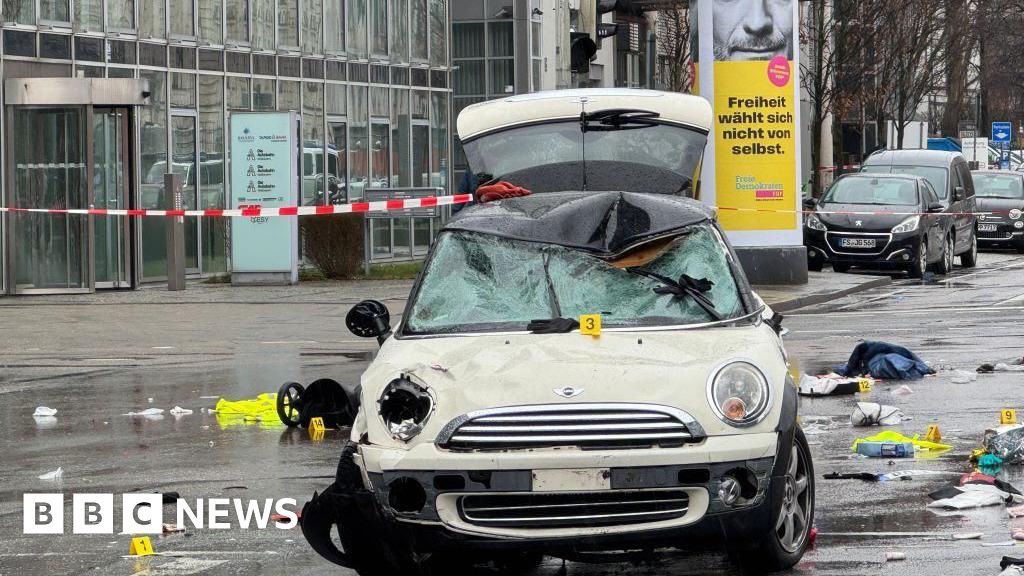
The recent car-ramming incident in Munich involving a 24-year-old Afghan man is poised to significantly influence Germany’s upcoming parliamentary election, set to take place in just ten days.
Farhad N arrived in Germany in 2016, seeking asylum, which was ultimately denied. However, he was granted temporary residency in the country.
In light of the recent collapse of Chancellor Olaf Scholz’s coalition government, the election has become a focal point of intense discussion surrounding migration policies in Germany.
A series of violent acts linked to migrant individuals over the past year has contributed to a rising support for the far-right Alternative for Germany (AfD) party.
This surge in far-right sentiment was further fueled by a tragic incident last December, when a vehicle crashed into a Christmas market in Magdeburg, resulting in six fatalities and injuring nearly 300 people. The perpetrator, a 50-year-old Saudi asylum seeker, had previously expressed criticism of Islam.
In the aftermath, AfD leaders organized rallies to denounce the government’s handling of migration policies, attributing the incident to these policies.
Initially, calls for calm came from mainstream politicians.
However, the atmosphere shifted following another assault in Aschaffenburg in January, where a 28-year-old Afghan asylum seeker attacked a group of young children, resulting in the tragic deaths of a two-year-old and a nearby bystander.
The shocking nature of this violence stirred public outrage, prompting conservative politicians to alter their stances.
During a televised debate, Chancellor Scholz from the center-left Social Democratic Party (SPD) faced off against Friedrich Merz of the center-right Christian Democratic Union (CDU), dedicating the first half-hour exclusively to migration issues.
Both leaders faced criticism for associating migration predominantly with criminal activity. Their discussions became highly competitive, as both claimed to be the more stringent in their efforts to curb illegal immigration.
Following the recent wave of attacks involving asylum seekers, both leaders have adopted a tougher approach on migration to counter the AfD, which is currently polling in second place by using immigration as a central theme of its campaign.
Merz, a frontrunner in the race, advocates for sealing Germany’s borders to all asylum seekers.
Critics argue that such measures infringe on EU laws, violate the German constitution, and would be impractical to enforce effectively.
There are also concerns that aggressive anti-migrant rhetoric might legitimize far-right opinions, bolster support for the AfD, and marginalize individuals of non-German descent.
Regardless, the AfD continues to gain traction, with support exceeding 20%.
While the focus today may primarily be on the victims and their families, the topics of migration and public safety are likely to dominate the final week of Germany’s electoral campaign.









